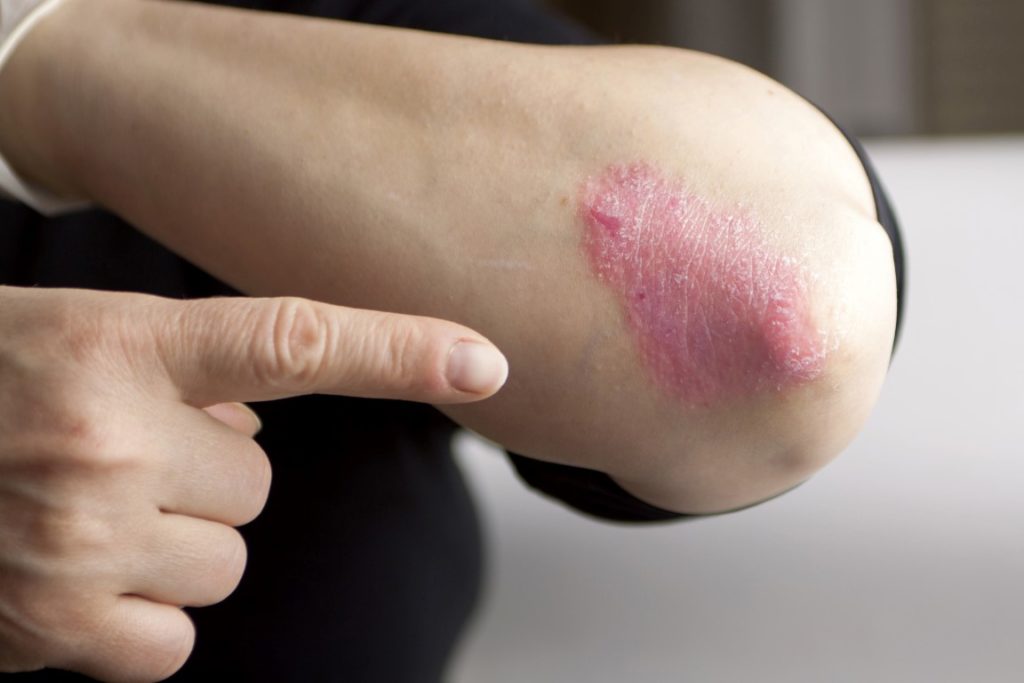The word eczema comes from the Greek word ekzein meaning “to boil out”; the Greek word ek means “out,” while the Greek word zema means “boiling.” Eczema is “a general term for any superficial inflammatory process involving the epidermis primarily, marked early by redness, itching, minute papules and vesicles, weeping, oozing and crusting, and later by scaling, lichenification and often pigmentation.” It is also used specifically to refer to the condition atopic dermatitis.
TYPES OF ECZEMA
There are at least 11 types of skin conditions that produces eczema.
- Atopic dermatitis
- Irritant dermatitis
- Allergic contact dermatitis
- Stasis dermatitis
- Pompholyx (dyshidrotic eczema)
- Fungal infections
- Lichen simplex chronicus
- Scabies
- Xerotic (dry skin) eczema
- Seborrheic eczema
- Nummular eczema
Management of eczema
- Bathing and moisturizing to repair skin barrier
- Prescription treatments to reduce inflammation and bacteria
- Trigger avoidance to reduce flare ups




